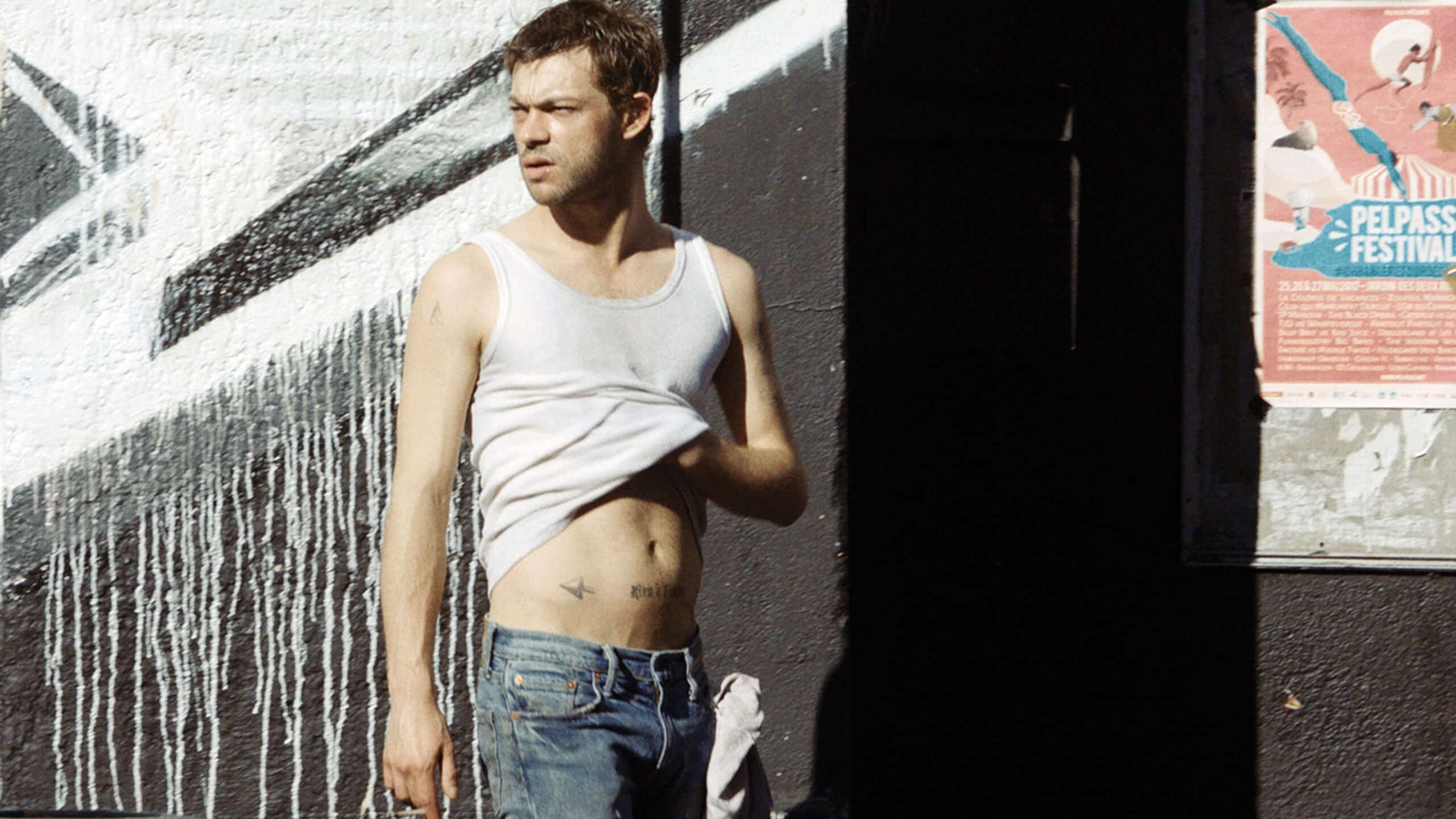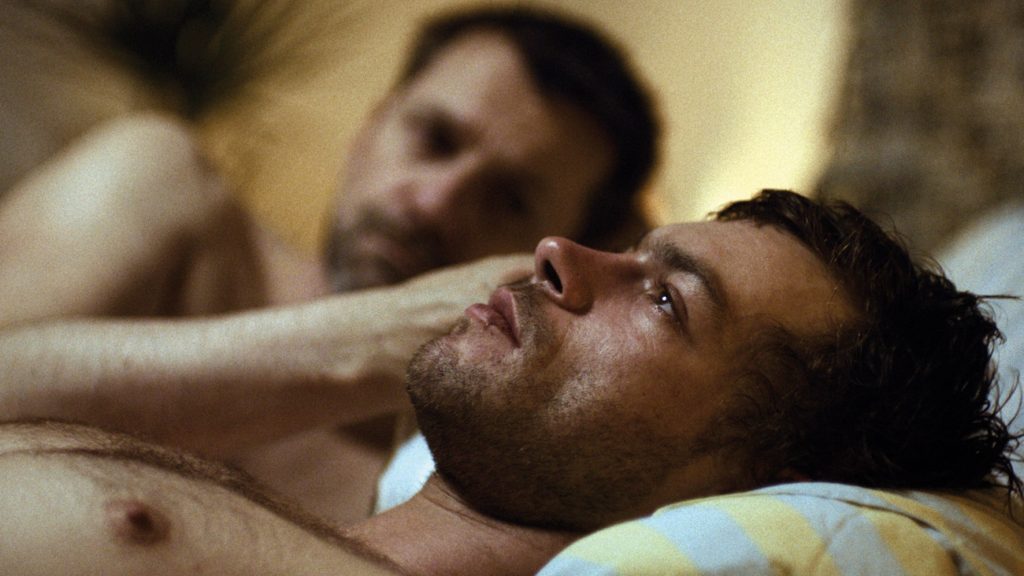
Camille Vidal-Naquet's intense feature film "Sauvage" is an uncompromising and touching portrait of a 22-year-old on the streets of Strasbourg.
Stripped down to his pants, Léo lies on the couch and describes his cough. The doctor asks him to describe the symptoms in more detail, but strangely he doesn't listen to his lungs, but reaches into his briefs and grabs Léo's cock. As surprising as this turn of events is, it quickly dispels the irritation. Léo really does have a cough, but he's just doing his job; and the supposed doctor is actually a punter who has been given the treatment room by a doctor friend just for his sex role play.
Leo does not offer himself out of necessity.
With this almost comedic opening scene, French director Camille Vidal-Naquet sets a tone that will carry the first third of his first feature film. 22-year-old Léo lives more or less on the streets. However, he doesn't seem to offer himself up on the streets on the outskirts of Strasbourg out of necessity, but rather to take his job as a sex worker very seriously. What's more, he doesn't just seem to give the clients what they pay for. With these encounters, he obviously also fulfils his own vital needs: those for physical closeness and selfless tenderness. Money plays only a secondary role for him.
With an almost documentary-like gaze, Vidal-Naquet juxtaposes everyday scenes and snapshots. In this way, he develops a portrait of an apparently very self-confident, almost idealised sex worker. He recognises neither boundaries nor fixed rules and does not accept them. One of the most touching episodes in this film is the way he caringly and without pretence gives an elderly client tenderness after sex.
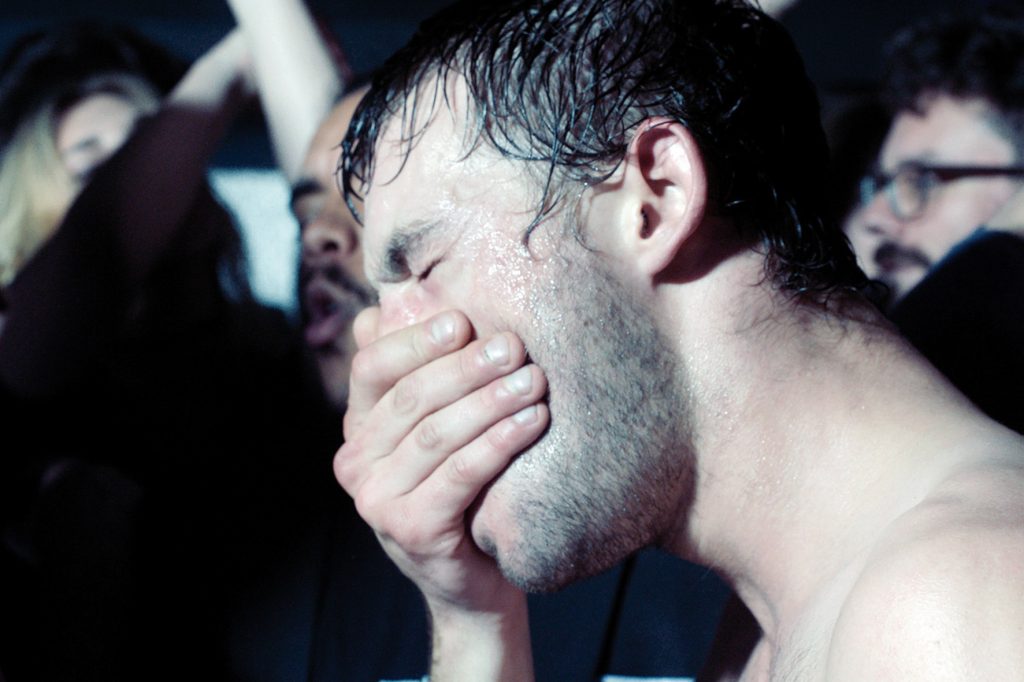
And then the picture clouds over...
However, this almost idealised picture of the sex worker's life gradually becomes cloudy. Once again we see Léo in a doctor's surgery, but now a doctor diagnoses not only pneumonia, but also latent tuberculosis and protein deficiency - consequences of his unhealthy diet and precarious lifestyle. At one point, we see him casually fishing out a piece of discarded pizza from a rubbish bin. His crack use keeps him awake, but why, he asks without a trace of cynicism, should he stop taking drugs?
Moralising finger pointing? Not a chance.
"Sauvage" (this French term can be translated as "wild", "unspoilt" but also as "loner") shows these dark sides of Léo's life without dramatic escalation or moral judgement. Even when Léo gets caught up with a sadistic gay couple who rape him with a dildo, Léo is not superficially just a victim and all clients are not generalised perpetrators.
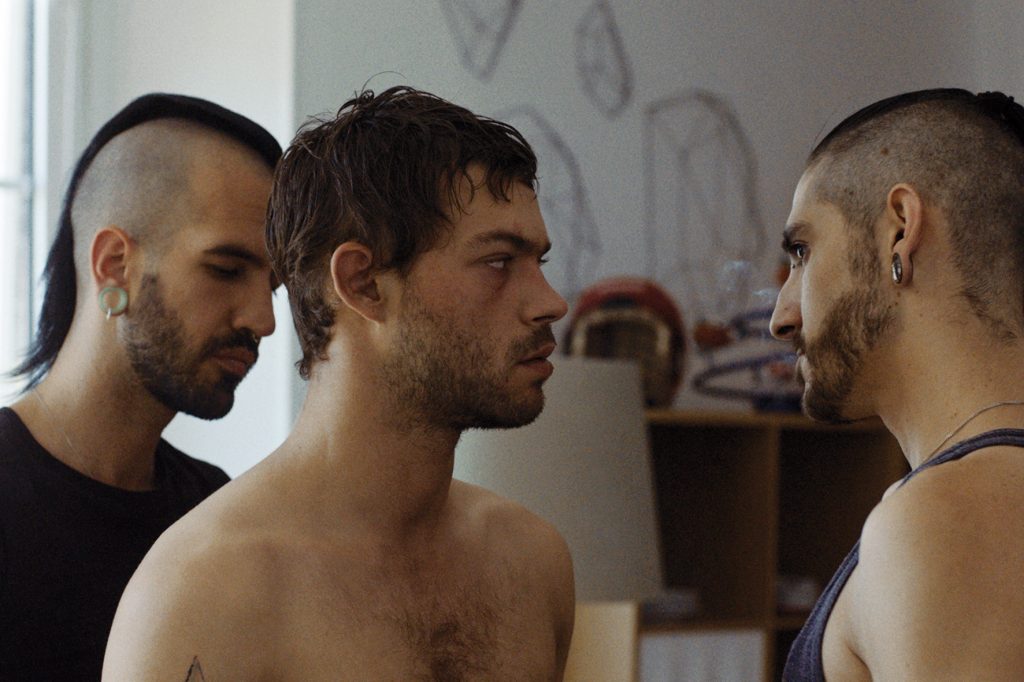
In general, "Sauvage" avoids any simplistic black-and-white thinking. Moments of brutal, merciless harshness and those of absolute forlornness are juxtaposed with scenes full of intimacy and happiness. These sometimes quite contradictory facets of Léo are held together by the actor Félix Maritaud, who unites them all into one absolutely believable character.
Actor Maritaud has since become a film idol of the French gay community.
This Léo is sexy. He is endowed with a touching human kindness, marked by the traces of physical self-exploitation and driven by an insatiable longing for human warmth. In Robin Campillo's "120 BPM", Maritaud was only in a small but impressive role. He was seen as an uncompromising, angry AIDS activist. "Sauvage" is now the film with which the 25-year-old has not only become a film idol of the French gay community. It is his fourth gay leading role in a row and he has now also risen to the top ranks of young French actors. At the Cannes Film Festival, he was honoured with the Louis Roederer Foundation Rising Star Award for his role as Léo.
There are many hustler stories - this one stands out!
Many hustler stories have been told for the big screen: just think of André Techiné's "Ich küsse nicht" (1991), Peter Kern's "Gossenkind" (1991), Robin Campillo's "Eastern Boys" (2013) or Gus van Sant's "My Own Private Idaho" (1992) or "Mala Noche" (1985). In many of these films, the obsessions of the clients or the sexual exploitation of the boys and men take centre stage. "Sauvage" avoids such ambiguities, but doesn't romanticise anything either. Not the cohesion among the men, who are certainly in competition with each other on the street waiting for their customers, but in the case of a sadistic celebrity musician, warn each other about this dangerous customer. A price squeezer, on the other hand, is put in his place with brute force. The precarious existence on the street is just as little romanticised: without any security and always in danger of being hurt, humiliated or cheated.
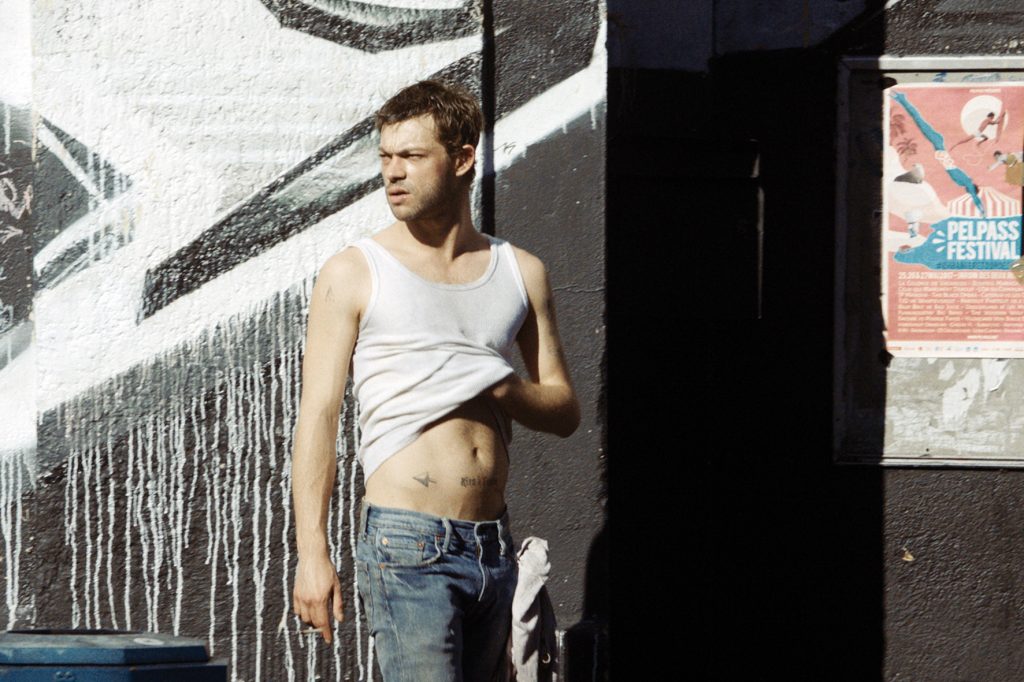
Léo remains a mystery.
"Do you think I'll be sucking cock for the rest of my life?"
Léo, however, seems very unaffected by all of this and remains a mystery until the final, incredibly intense scene - innocent and unapproachable. Nobody finds out what his story actually is. All that becomes clear is how restless he is, driven by the search for security coupled with the existential need for absolute freedom. He persistently pursues Ahd (Eric Bernard), a muscular, bearded guy and actually likeable colleague, even though he knows that he does not reciprocate his love and rejects him ever more brusquely. Ahd finds it incomprehensible that Léo allows himself to be kissed by clients: "I get the feeling you like to play the whore." Ahd has one goal: to get herself a rich sugar daddy and get off the streets. "Do you think I'll be sucking cock all my life? I'm not even gay."
And then Leo gets a chance.
When Léo actually gets this chance - a loving man who not only offers him a home, but also a future together - he flees this bond at the very last second. Absolute freedom is more important to him, even if it inevitably means loneliness and a restless life on the streets again.
"Sauvage". Written and directed by Camille Vidal-Naquet. With Félix Maritaud, Eric Bernard, Nicolas Dibla, Philippe Ohrel. France 2018, 99 minutes, original French version with German subtitles.
Cinema release: 29 November 2018
Trailer and info to the film here!
